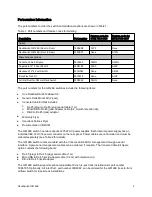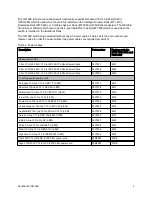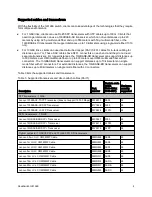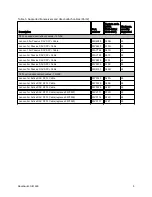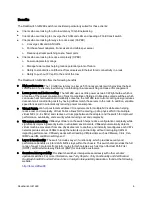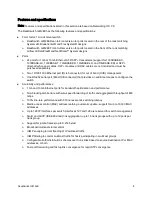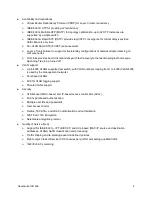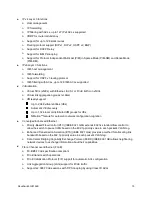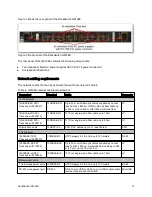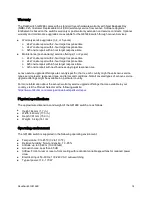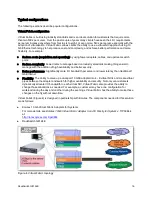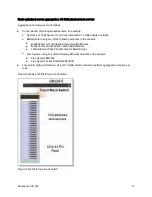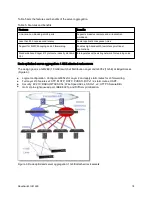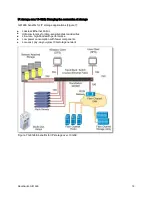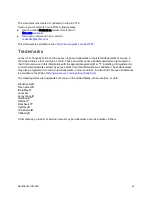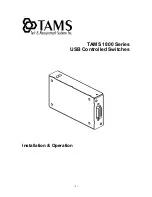
RackSwitch G8124E
16
Typical configurations
The following sections describe popular configurations.
Virtual Fabric configuration
Virtual Fabric is built using industry standards and is an ideal solution for customers that require more
than two NICs per server. Over the past couple of years many clients have seen their I/O requirements
per server increase anywhere from four to six to eight, or even more, NICs per server, especially with the
adoption of virtualization. Virtual Fabric allows clients the ability to use a virtual NIC approach using 10
Gb Ethernet technology to help reduce cost and complexity, and achieve better performance and more
flexibility. For example:
Reduce costs (acquisition and operating)
by using fewer adapters, cables, and upstream switch
ports.
Reduce complexity
: Fewer items to manage based on industry standards making thing easier to
manage with the addition of high availability and better security.
Better performance
: Significantly more I/O bandwidth per server and lower latency than traditional 1
Gb Ethernet.
Flexibility
: The ability to carve up a dual-port 10 GbE adapter into 4 - 8 virtual NICs and create virtual
pipes between the adapter and switch for higher availability and security. Not only can customers
dynamically allocate I/O bandwidth to each virtual NIC, Virtual Fabric also provides the ability to
change those allocations as needed. For example, a customer may have one configuration for
workload during the day and another during the evenings. Virtual Fabric has the ability to make those
changes on the fly without downtime.
Virtual Fabric (Figure 4) is designed in partnership with Emulex. The components needed for this solution
are as follows:
Emulex 10 Gb Virtual Fabric Adapters for System x
For more details, see
Emulex 10Gb Virtual Fabric Adapter II and III Family for System x
, TIPS0844
at:
http://lenovopress.com/tips0844
RackSwitch G8124E
Figure 4. Virtual Fabric topology

